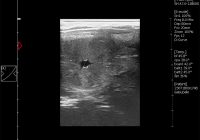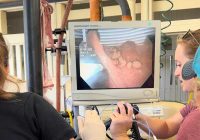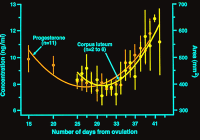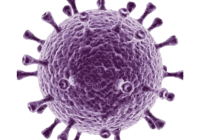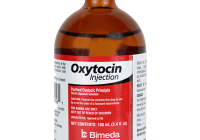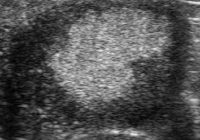Repeated Embryo Loss in Mares is the Result of Retarded, Small for Age, Embryonic Vesicles. By Professor John Newcombe, BVetMed, MRCVS A Normal Foetus and then a Foal Will Eventually Result When a Normal Embryo is Produced: A Case Report ABSTRACT A twelve-year-old maiden/barren part-TB mare with otherwise limited reproductive history, was sent to an equine fertility clinic… Read More »
Diagnosis of Placentitis – Are Inflammatory Markers Useful? Placentitis is – literally and practically – “inflammation of the placenta” (“itis” as a suffix indicates inflammation). Use of assays for inflammatory markers in the mare – in particular Serum Amyloid A (SAA) – have been previously suggested as possible diagnostic tools for use in the identification of placentitis. Inflammatory… Read More »
Is it Possible to Cause Earlier Regression of the Endometrial Cups to Permit a Return to Breedable Estrus in the Mare? Unique to the early equine pregnancy is the invasive trophoblast of the chorionic girdle and its formation of the endometrial cup cells which secrete equine chorionic gonadotropin (eCG). This invasion occurs between days 35–38 after ovulation. The… Read More »
Is it True Altrenogest Has an Effect on Progesterone Production? Pregnant and embryo recipient mares are often treated with supplemental progestins – commonly Altrenogest in the oral form Regumate, or injectable in one of several longer-acting commercial preparations – in an expectation of “low progesterone” levels. There is a significant question as to what number should be applied… Read More »
Does Routine Monitoring for EVA Make a Difference? With the announcement this week of an outbreak of equine viral arteritis in PEI in Canada, a very reasonable question to ask is “does routine monitoring for EVA make a difference?” At the recent ISER meeting in Brazil, Kaps et al. reviewed the effects of monitoring and management practices on… Read More »
Canadian Equine Viral Arteritis! There has been an EVA outbreak in Canada reported in Prince Edward Island. Equine Viral Arteritis is predominantly a respiratory disease, which has reproductive implications. Symptoms vary dramatically from none (“asymptomatic”) to a wide variety which may present as any combination of the following: elevated temperature, depression, loss of appetite. Affected animals may also… Read More »
Oxytocin Use to Support Pregnancy Instead of Regumate (Altrenogest)? It seems initially counter-intuitive to consider oxytocin use to support pregnancy instead of Regumate or other altrenogest treatments which are commonly used to potentially increase – or at least maintain – progestin levels during early pregnancy in the mare. Oxytocin causes uterine contractions and will expel the pregnancy, right?… Read More »
ISER XIII “Snippets” – Held in Brazil in August 2023, ISER XIII produced a variety of useful research with immediate clinical value, here we review some of the presentations The thirteenth International Symposium on Equine Reproduction (ISER XIII) was held in Foz do Iguaçu, Brazil between July 10th–14th, 2023. Around 400 veterinarians, researchers and animal scientists were present,… Read More »
When lecturing on equine reproduction our lead lecturer Jos Mottershead often comments that there are several words to lose in order to avoid confusion and – plainly – being incorrect. The words he always cites are “never” and “always”, because the moment that one uses those words, invariably someone in the audience comes up with a situation which… Read More »
Seasonal absence of accessory ovulations in pregnant mares: What is the need for eCG? – Secondary ovulations or luteal developments support early pregnancy – but what if there is a seasonal absence of accessory ovulations? By John R Newcombe, Equine Fertility Clinic, Warren House Farm, UK Introduction Years before the use of diagnostic ultrasound, WE Allen noticed that secondary… Read More »

